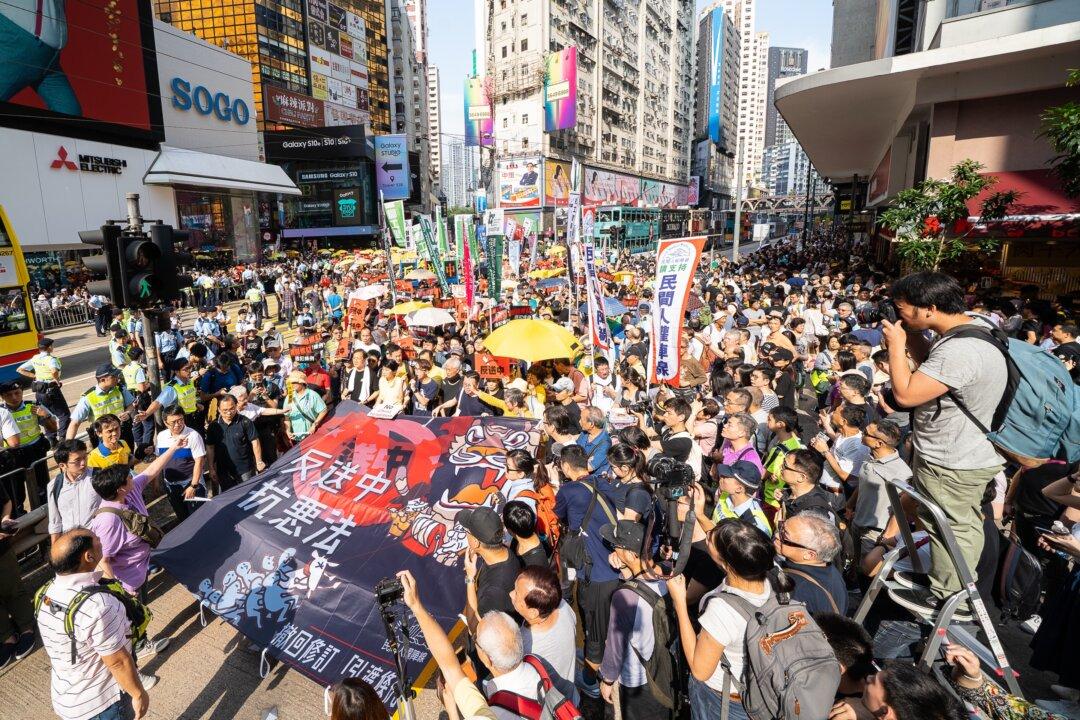HONG KONG—Germany has granted refugee status to two Hong Kong activists facing charges at home, one of them said on May 22, in what is apparently the first time Germany has acknowledged such status for democracy campaigners from the Chinese-ruled city.
Ray Wong, 25, and Alan Li, 27, were granted refugees status in Germany in May 2018, Wong told Reuters in a telephone interview from Germany. He was able to show a document setting out that status,





